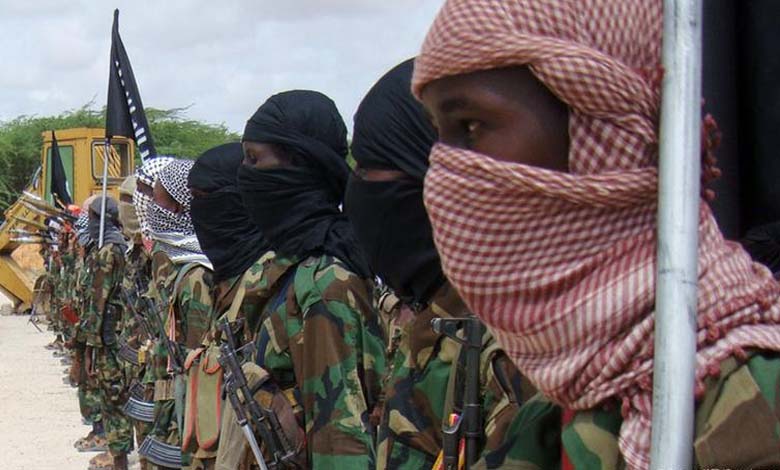Somalia: Securing the Northern Mountains from ISIS and Fortifying the Capital Against al-Shabaab Attacks

Somalia is working to strengthen the political scene in its capital, Mogadishu, while achieving notable security gains through efforts to secure the northern mountains from the threat of ISIS.
In Puntland State, President Said Abdullahi Deni announced “decisive military gains” in the fight against ISIS, stating that the military campaign had entered its final stages following the killing of dozens of militants, including foreign fighters who had infiltrated the region under the guise of trade or tourism.
-
High-Impact Operations Shake Terrorist Strongholds in Somalia: Field Victories and International Support
-
Somalia on Two Fronts: Progress Against Terrorism and Political Challenges
In a statement, Deni explained that regional forces had successfully reduced the group’s recruitment capacity, noting that the operation was part of a comprehensive, phased strategy. It begins with military pressure to secure the mountains and hideouts, followed by a stabilization phase aimed at preventing the threat from resurfacing.
Despite these advances, local Somali reports indicate that Puntland has deployed large numbers of troops in the mountainous Bari region, where fighting continues in remote areas once used by ISIS as hideouts and training camps.
Vast swathes of highlands remain under ISIS control, with Puntland forces holding their positions to prevent militants from regrouping.
-
Somalia Liberates Strategic City of Barire from Al-Shabaab
-
Beled Hawo Tensions Rise Between Jubaland and Somalia’s Federal Government – A Sudden Move and Growing Fragility
Meanwhile, attention has turned to Mogadishu, where both political and security priorities converge. Somali Minister of Internal Security Abdullahi Sheikh Ismail (Fartaag) held a meeting with UN Special Representative James Swan to discuss ways to enhance security cooperation, particularly the stabilization of the capital, along with the development of police forces and protective security structures.
According to Somali official sources, the meeting also addressed security force training programs, the second phase of the joint police initiative, and ongoing efforts to prevent child recruitment.
-
With the Support of International Partners: 15 Al-Shabaab Terrorists Killed in Somalia
-
Somalia: War on Terror in the South, Political Fractures in the North
The Minister of Internal Security expressed gratitude for UN support, emphasizing that deepening partnerships with the international community is crucial to building on recent security achievements. For his part, James Swan reaffirmed the UN’s commitment to continue supporting the security sector, especially in areas directly tied to the protection of Mogadishu and the strengthening of national institutions.
Nevertheless, Mogadishu continues to face a series of attacks carried out by the al-Shabaab group, including car bombings, suicide operations, and gunfire targeting government sites and public facilities, which have caused casualties among both civilians and security personnel.












